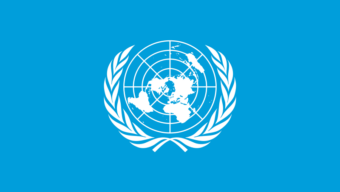The Challenge
A Case Study in Enhancing UN Sustainability Goals
Calligo recognized the need to enhance the role of data in advancing humanitarian efforts aligned with the UN sustainability goals. We identified a lack of effective utilization of data in planning, validating, and optimizing investments in current programs. This raised concerns about the overall effectiveness of reaching the prescribed human goals set by the UN.
The Action
Unleashing Insights for Effective Program Planning
To address this challenge, Calligo embarked on a comprehensive approach. They began by reviewing the UN sustainability goals to identify which objectives could be better supported through data and machine learning (ML) methods. This involved identifying objectives with direct measures, indirect measures, limited data availability, or dependencies on changes in government policy. Once these objectives were identified, Calligo gathered relevant publicly available data and stored it on their system for further engineering and ML modeling.
Using data science methodologies such as Data Science by Design, XGBoost Decision Trees, Feature Importance analysis, and R-Shiny for visualization, Calligo developed ML models and visualizations to characterize child abuse on a global scale. These models aimed to determine the most effective programs to combat child abuse, providing valuable insights for planning and implementation.
The Impact
Empowering Humanitarian Initiatives through Data-Driven Solutions
By leveraging data and ML techniques, Calligo’s solution had a significant impact on advancing humanitarian efforts aligned with the UN sustainability goals. The utilization of ML models and visualizations enabled a deeper understanding of the global landscape of child abuse. This understanding facilitated the identification of the most effective programs to combat child abuse, ensuring that resources and investments were optimally allocated.
Overall, Calligo’s approach helped bridge the gap between data, ML methods, and the UN sustainability objectives, providing clarity on how data can positively impact humanitarian efforts. By leveraging data-driven insights, organizations can make more informed decisions, drive meaningful change, and work towards achieving the prescribed human goals set by the UN.

















 Back
Back